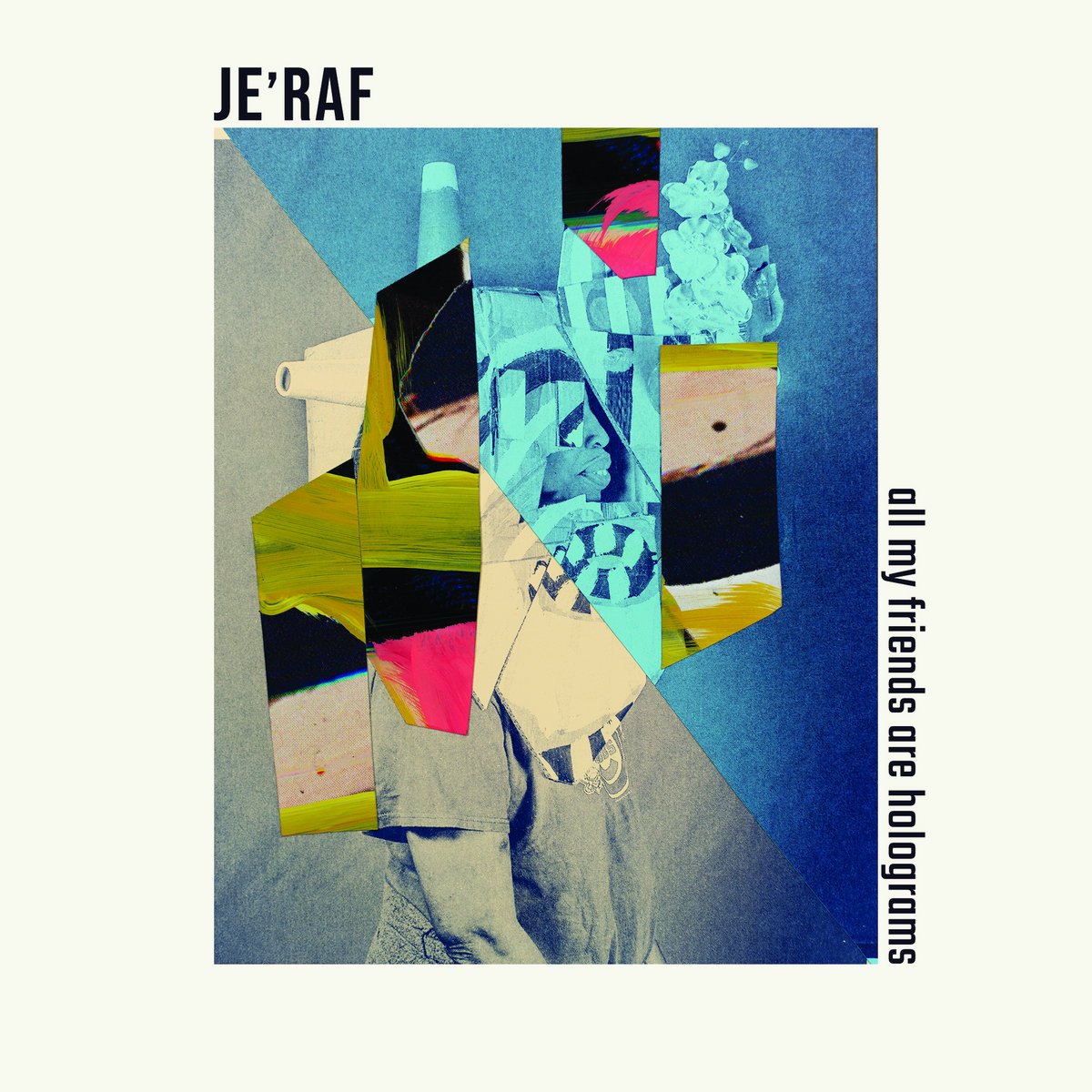Liner notes:
I.
Even light
descends from air
to flesh
In a long lung
of thought
upon us,
Open to retain
the warmth rememberd
limb by limn
II.
Asks us
what wilderness
outside this,
that such and such
diffusion of phosphor's essence~~
'phoricin in its condensation
(sentenced to its recapitulation)~~
visits us,
sparrow-esque
like a sun-hed, stout,
burgeoning in particular,
bird-brag hailing
arabesque
from the wood
and planes outside
horizons. not up nor down but in
or out~~strong wind, a swift emerging nether
cloud pitches about the unsung note
'til held
by the head.
Founded in the Winter of 2017 Adam Shead’s Adiaphora Orchestra is a large mixed chamber orchestra performing the compositions and conductions of percussionist composer, and educator Adam Shead. The Adiaphora Orchestra, located in Chicago, IL, is comprised of the cities finest rising star improvisers from a variety of performance idioms and practices. Including a full string, brass, woodwind, auxillary, and rhythm section the ensemble performs what Shead calls “indifference music”. Adiaphora, meaning an act that is neither moral nor immoral is the basis for the music of the ensemble, performing long form pieces that have little interest in codified ways of knowing musical expression. This resistance to the codified structures of improvisation brings about a type of musical indifference, or rather a love from the ensemble for creating something that is uniquely their own, something not bound to the constructs of musical hierarchy. “Miniature Paintings and the Impossible Warehouse” is a series of pieces dealing with diametrically opposed concepts of scale. Utilizing both the concept of miniature paintings or micro scaler systems displaying the distortion of reality, and the impossible warehouse as the macro or literal representation of reality the orchestra hopes to display an honest reflection on concepts of delusion, paranoia, imitation, contentment, and interpersonal relations. The debut album from Adam Shead’s Adiaphora Orchestra, “Miniature Paintings and the Impossible Warehouse”, will be physically produced and released by Chicago based record label Amalgam Music.
Adam Shead is among the newest generation of Chicago improvisers, bringing his unique approach to the drum set to such groups as Adam Shead’s “Finding Home”, Wark/Dawid/Heinemann/Shead, Ben Zucker’s “Fifth Season”, the Stein/Shead duo, and the Adiaphora Orchestra. Shead’s background in hardcore punk, contemporary classical, jazz, and improvised music provides him with the ability to move fluidily throughout a myriad of musical styles while utilizing extended techniques, blistering speed, and dynamic control in a manner often unheard of on the drum set. Shead has performed at renowned music festivals such as The Present is Present in Amsterdam, NL, The Ann Arbor Edge Fest, Homebody Festival in South Bend, IN, and The Chicago Jazz Festival. Shead has performed alongside such luminaries as Jason Stein, Tim Daisy, Steve Swell, John Dikeman, Jasper Stadhouders, Mary Oliver, Anna Webber, Angel Bat Dawid, and Matt Piet. Shead is the founder and conductor of the twenty piece Adiaphora Orchestra and currently works as the Director of Outreach at Slate Arts and Performance in Chicago, IL.
credits
released April 30, 2020
Recorded at Elastic Arts Foundation in Chicago, IL on September 15, 2019.
Recorded, mixed, and mastered by Bill Harris.
Adam Shead - Conduction
Johanna Brock - Violin/Voice
Scott Rubin - Viola
Erica Miller - Cello
Ishmael Ali - Cello/Electronics
Eli Namay - Double Bass
Andrew Scott Young - Double Bass
Jakob Heinemann - Double Bass
Jeff Kimmel - Clarinet
Sarah Clausen - Alto Sax/Clarinet
Chris Moore - Alto Sax/Recorders
Jake Wark - Soprano/Tenor Sax
Mark Mahoney - Trumpet/Accordion
David Fletcher - Trombone
Matt Riggen - Tuba/Trumpet
Matt Murphy - Toy Instruments
Ben Perkins - Veena
Ben Zucker - Vibraphone/Voice
Matt Piet - Piano


